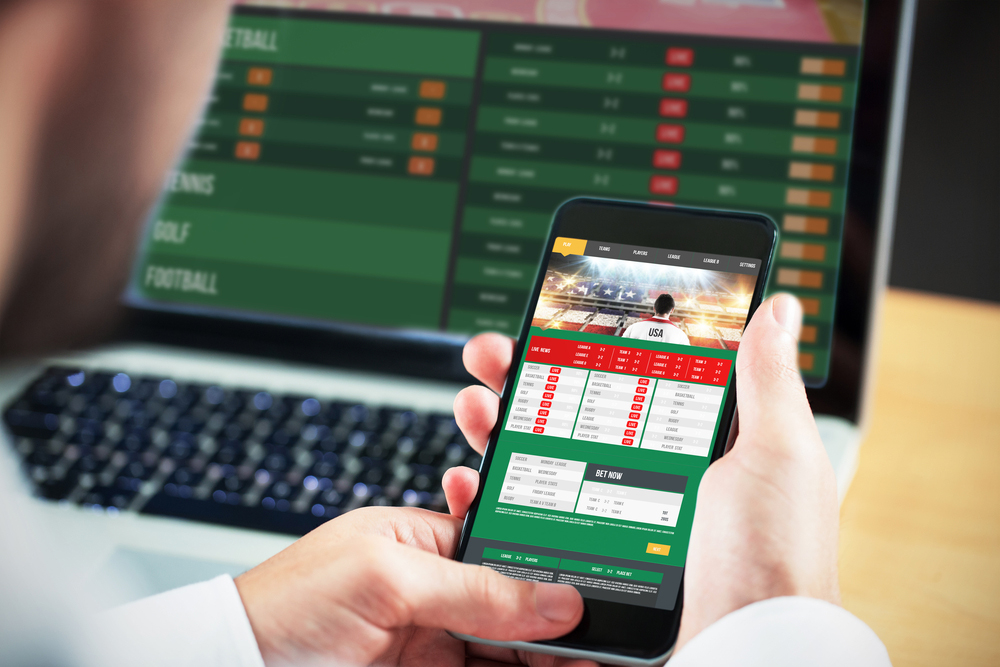In recent years, gambling has become more normalized and accessible than ever before. Aside from Hawaii and Utah, every state in the country offers some type of legalized gambling. And today, websites and apps have made it even easier to bet – and lose – large sums of money with the click of a button.
While the American Psychiatric Association initially classified gambling as an impulse control problem, they moved it into the addictions chapter in the DSM-5-TR several years ago. As our understanding of the biology underlying addiction continues to advance, it’s changed how mental health professionals help people end a compulsive gambling habit. What should you do if you want to stop gambling?
1. Recognize When You Have a Problem
Because addiction thrives on denial, the first step in breaking the cycle is admitting you have a problem you can’t solve on your own. You can start by asking yourself questions like these:
- Do you frequently gamble to help you relax or relieve stress?
- Do you feel anxious or irritable when you can’t gamble?
- Have you ever ignored work or other responsibilities in favor of gambling?
- Have you ever spent more than you could realistically afford or gone into debt to support a gambling habit?
- Have you lied about how much you gamble to friends, family members or colleagues?
2. Seek Help
Recovering from any psychological dependence takes time, patience and support. You can start by working with a therapist who specializes in behavioral addictions. Another beneficial step is to find a support group whose members are actively working to stop gambling and have shared many of the same experiences you’ve had. For more help, contact the National Problem Gambling Helpline Network at 800-522-4700. One confidential call, text or chat will put you in touch with someone who can help, 24/7/365.
3. Change Your Lifestyle
Overcoming addiction requires you to replace unhealthy habits with more constructive ones. Often, that means you must make specific changes. For example, if watching sports is a temptation to place bets on the outcome, flip the channel. To ensure you don’t spend beyond your means, cancel your credit card and ask your spouse to manage your household budget. If you’re in debt because of your gambling problem, put yourself on a strict allowance and work with a banking advisor who can help you repair damaged finances.
4. Understand and Manage Your Triggers
A trigger can be anything that gives you the urge to gamble. In some cases, these may be outside your ability to control, like seeing an ad for the lottery. Other times, something as simple as a stressful day at work might tempt you to give into your cravings.
As intense as these impulses might be, they won’t last forever. Keep a journal where you write down what caused each craving, what you thought about while it was in effect and how long it lasted. By reviewing these entries, you can spot patterns in the people, places and situations that make you want to gamble. Then, you can come up with tactics that distract you from your triggers, like exercising or meditating.
Reach Out for Help
Behavioral issues like gambling addiction frequently co-occur with substance use disorders. If you have a dual diagnosis, please consider seeking professional treatment as soon as possible. Your mental and physical well-being depend on it.
Experienced mental health professionals can teach you how to stop gambling through proven techniques like group and individual counseling. At Pine Grove Behavioral Health & Addiction Services, we are here for you when you’re ready to learn more. Contact us today.

